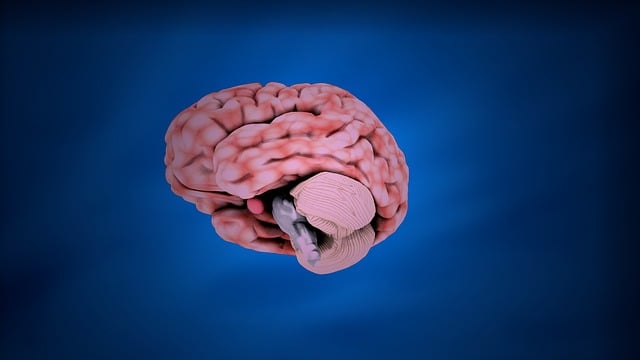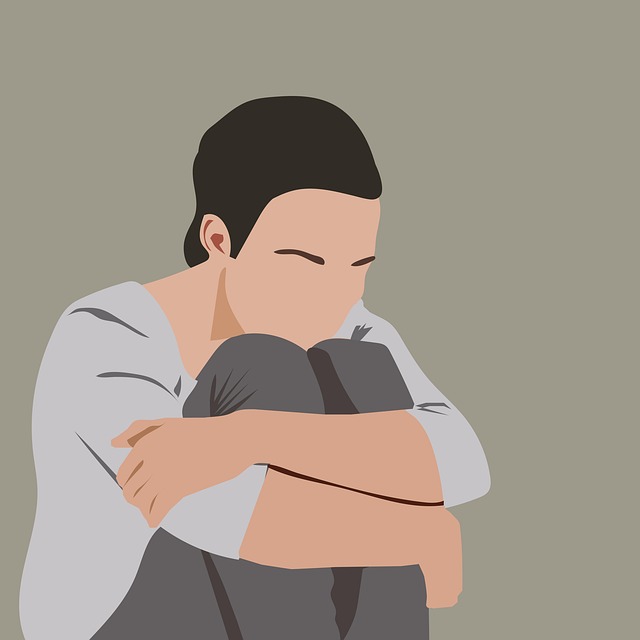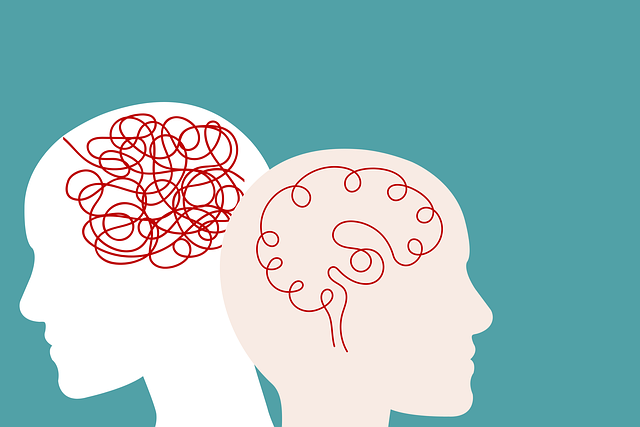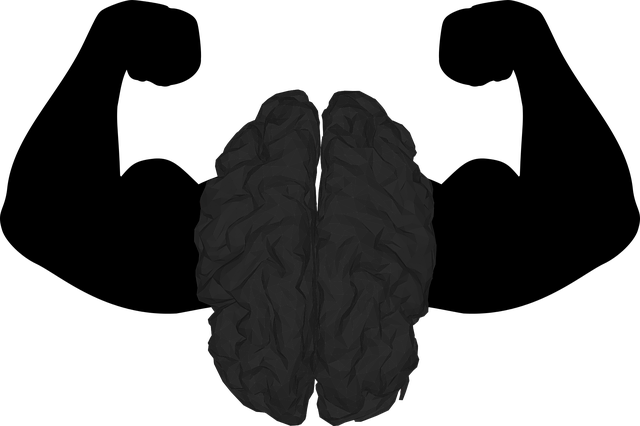Mental health crisis hotlines, offering immediate support, cater to diverse populations with tailored services like therapy for children and geriatrics. For children, they provide play and art therapy, while geriatric programs address age-related challenges. Trained professionals conduct risk assessments, implement safety measures, and offer culturally sensitive care. Effective access requires understanding hotline purposes, including crisis intervention and referrals. Self-awareness exercises enhance long-term mental well-being across all ages served.
Mental health crisis hotline support services act as a lifeline for individuals across all age groups, providing immediate assistance during times of distress. This article delves into the crucial role these hotlines play in offering targeted support, focusing on therapy services tailored for both children and geriatrics. We explore the significance of trained professionals in crisis intervention and provide practical guidance on effectively accessing and utilizing hotline resources. Understanding these hotlines is essential, especially in light of the growing need for mental health services.
- Understanding Mental Health Crisis Hotlines: A Lifeline for All Ages
- Targeted Support: Therapy Services for Children and Geriatrics
- The Role of Trained Professionals in Crisis Intervention
- Accessing and Utilizing Hotline Resources Effectively
Understanding Mental Health Crisis Hotlines: A Lifeline for All Ages

Mental health crisis hotlines serve as a critical resource for individuals across all age groups, offering immediate support and guidance during times of distress. These services are designed to provide a safe space for people to express their concerns, seek advice, and access relevant therapy options tailored to their unique needs. Whether it’s a child struggling with anxiety or a geriatric facing depression, hotlines offer a confidential and non-judgmental platform.
For children, crisis hotlines can be instrumental in teaching conflict resolution techniques and boosting confidence, while geriatrics may find solace in programs focused on mental wellness coaching, helping them navigate age-related challenges. The accessibility of these services ensures that individuals from diverse backgrounds receive the necessary support, fostering improved mental health and well-being across generations.
Targeted Support: Therapy Services for Children and Geriatrics

Many mental health crisis hotline support services cater to a broad range of ages, but there is a growing recognition of the unique needs of children and geriatrics. Therapy for children often involves play therapy or art therapy, which can help them express their emotions and experiences in a way that’s suitable for their developmental stage. This targeted approach ensures that young minds receive the appropriate mental health awareness and crisis intervention guidance they require.
Similarly, providing therapy specifically for geriatrics addresses age-related concerns and challenges. As people age, they may face increased isolation, cognitive changes, or physical health issues that impact their mental wellness. Tailored therapy sessions can help them cope with these difficulties, offering a safe space to discuss and manage aging-related stress and anxiety. Such specialized services play a vital role in enhancing overall mental health awareness and ensuring the well-being of younger and older individuals alike.
The Role of Trained Professionals in Crisis Intervention

Trained professionals play a pivotal role in crisis intervention, providing immediate support and guidance to individuals in mental health crises. These experts are equipped with specialized skills to assess and de-escalate high-risk situations, be it for children or geriatrics. They employ evidence-based practices and therapeutic techniques tailored to diverse populations’ unique needs. For instance, therapists working with children often utilize play therapy, while geriatric specialists adapt their approach to address age-related cognitive changes.
The ability of these professionals to conduct thorough risk assessments is crucial in mental health care. This involves evaluating the severity of the crisis, identifying potential dangers, and implementing safety measures. Additionally, cultural sensitivity is paramount to ensuring effective treatment. Mental healthcare providers must be adept at navigating cultural differences, incorporating diverse perspectives into therapy, and fostering an inclusive environment, contributing to better patient outcomes.
Accessing and Utilizing Hotline Resources Effectively

Accessing hotline resources effectively requires a clear understanding of their purpose and available services. Many hotlines offer immediate support through trained professionals who can provide guidance, crisis intervention, and referrals to suitable mental health resources. Whether seeking therapy for children or geriatrics, these services cater to diverse needs. Users should be prepared with specific details about their concerns, such as symptoms, frequency, and any relevant personal history, to ensure efficient connectivity with the right specialists.
Cultural sensitivity in mental healthcare practice is a vital aspect of effective hotline utilization. By choosing hotlines that prioritize cultural competency, individuals from various backgrounds can receive support tailored to their unique experiences and beliefs. Incorporating self-awareness exercises and encouraging the development of a self-care routine can further enhance the benefits of hotline interactions, fostering long-term mental well-being for all age groups served.
Mental health crisis hotline support services serve as invaluable resources, offering immediate assistance and targeted therapy for individuals of all ages. From specialized care for children and geriatrics to crisis intervention by trained professionals, these hotlines play a pivotal role in navigating mental health challenges. By effectively utilizing hotline resources, individuals can access much-needed help, fostering recovery and well-being. Whether seeking therapy for children or support for seniors, these services ensure that no one faces mental health crises alone.














